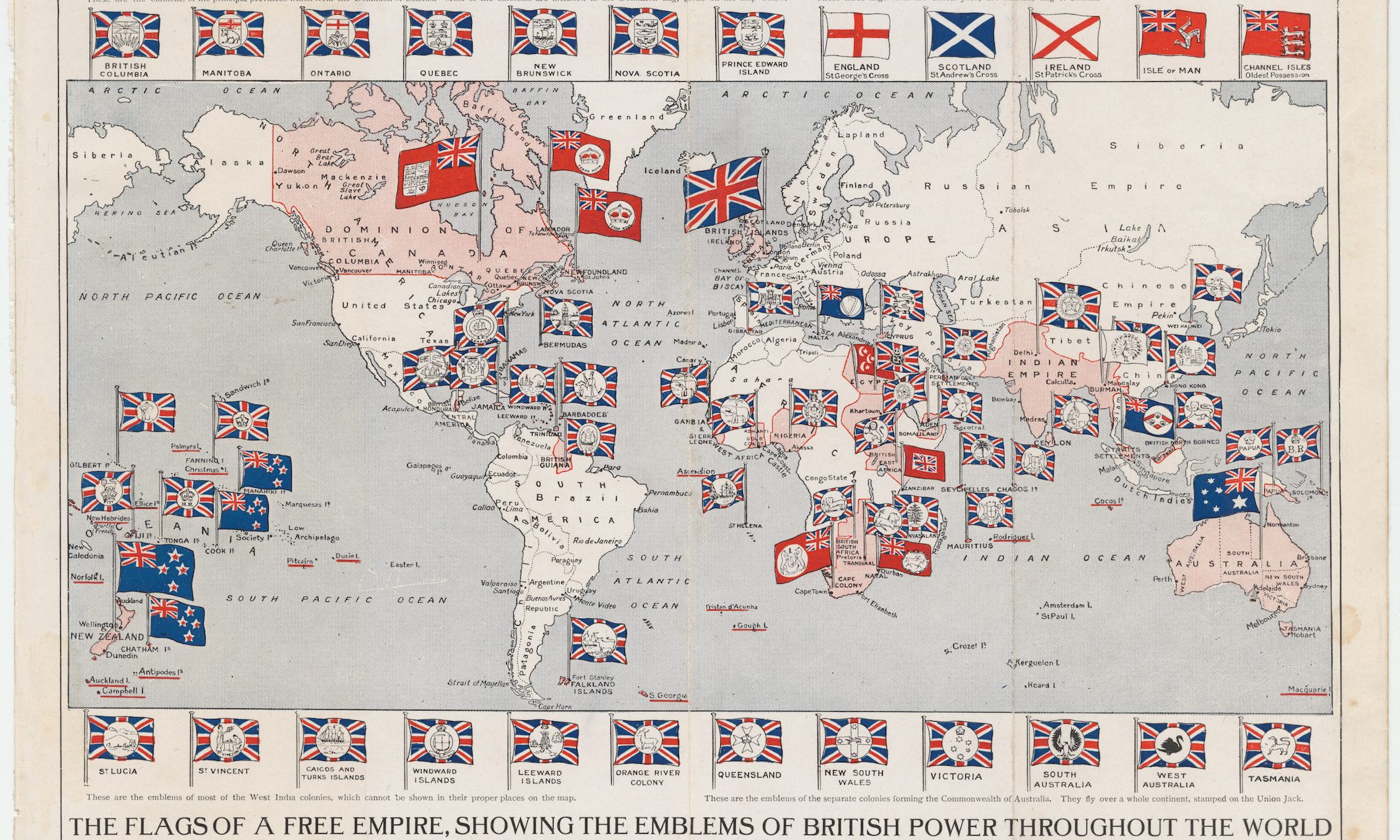Erik Loomis picks up on something hidden in plain sight: the terrible war record of the Republic of Texas. Loomis’s post quotes from a War is Boring post that asks how a country with as pitiful a war record as the Republic of Texas could survive.
Lets get things straight: Robert Beckhusen, the War is Boring writer, is absolutely right. Heres how I describe Texas’s war for independence in my (current draft of my) dissertation:
The case begins with two shocks: the independence of the Republic of Texas and U.S. President Andrew Jacksons refusal to allow its bid for annexation to proceed. Anglo-American settlers had colonized parts of the sparsely inhabited Mexican state of Coahuila y Tejas, first at the invitation of the Mexican government and then illegally after Mexico City, worried about U.S. influence, sought to halt colonization. Political turmoil within Mexico led to a revolt among the Anglo-Texans. The Texans victory was unexpected, since they were a population of a few tens of thousands without an effective government fighting a Mexican government that (at least nominally) ruled a country of several millions. The Texans war was mostly disastrous, marked by military calamities such as the defeat at the Alamo, until a decisive victory at San Jacinto on April 2, 1836, that left only a handful of Texans dead but the bulk of the Mexican expeditionary force killed, wounded, or taken prisoner. Among the prisoners was Santa Anna, who signed a treaty granting the breakaway republic independence.
Wading through oceans of Texas historiography, I quickly discovered that most people who have written about Texas–and almost everyone who reads about it–wants to give Texas a glamorous past. To the extent that anyones encountered Texas history, then, they’ve come up against the most sanitized, and boring, version of the tale.
Yet simply rejecting the sanitized version of the history is misguided. The real question is, knowing how badly off the Texans were, how was it that they managed to win, and maintain, the country’s independence? As ever, focusing on only one side of the question–Texas’s manifest incompetence–gives an incomplete answer. The real story is the fact that Mexico was even worse off. In other words, the Texans were terrible at war, but the Mexicans were even worse. After all, the Mexicans couldn’t even defeat the Texans. Why?
Continue reading “The Successes of the Failed State of Texas”
 Originally written for Formiche, which published an Italian translation.
Originally written for Formiche, which published an Italian translation.